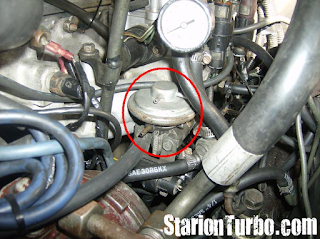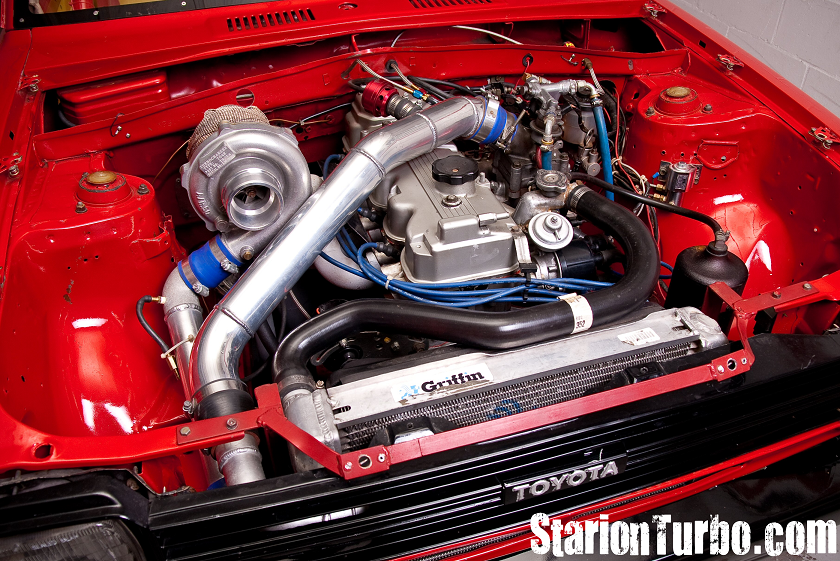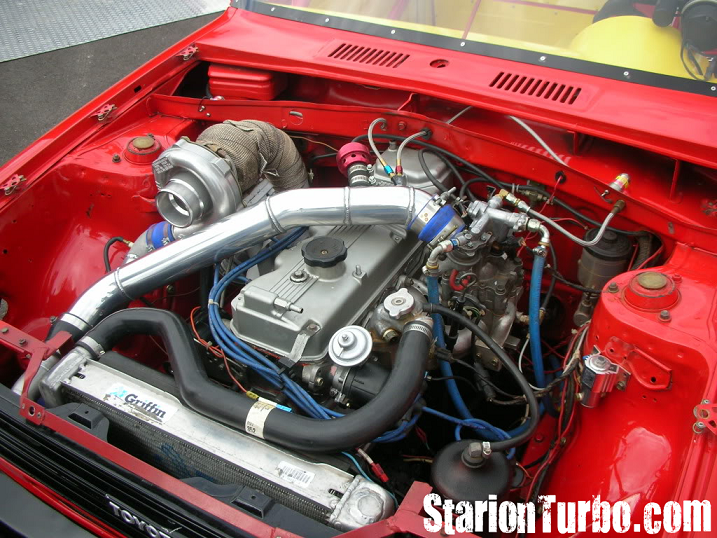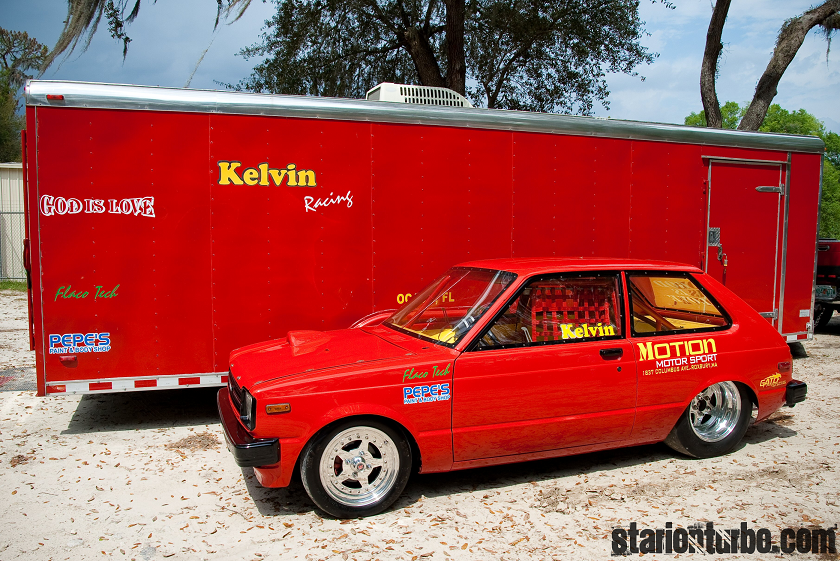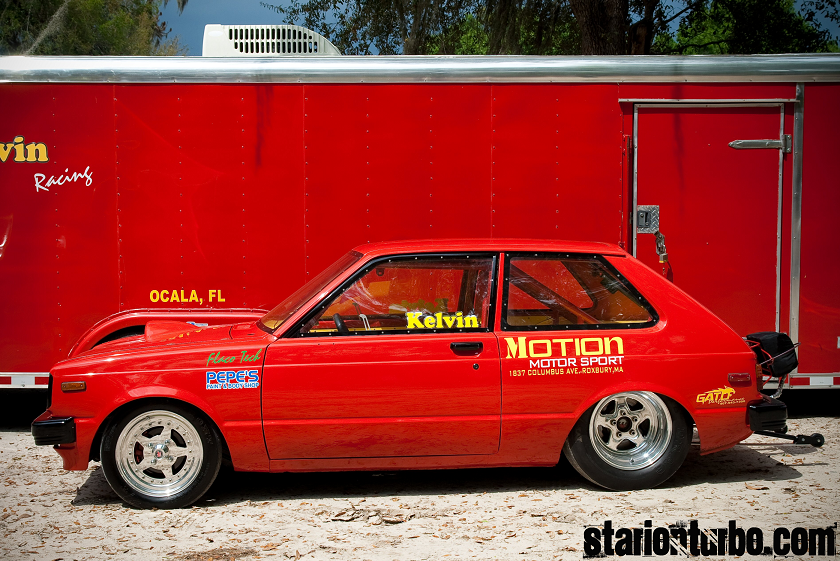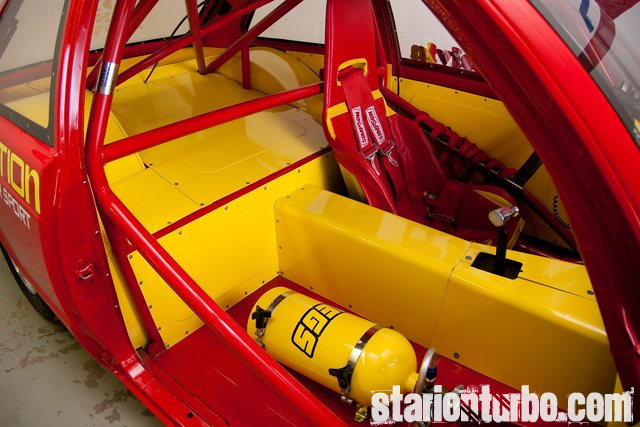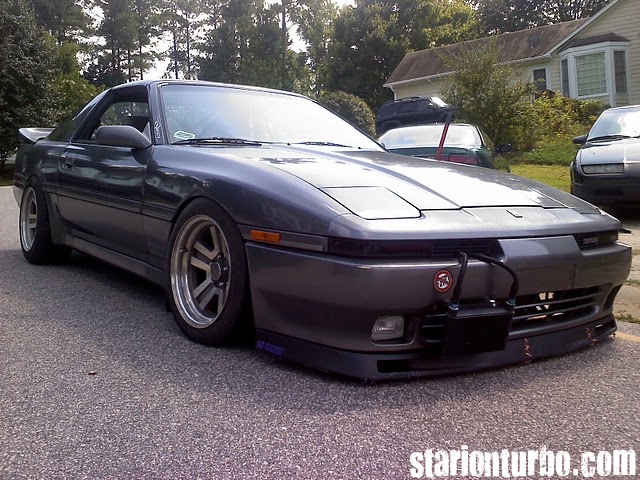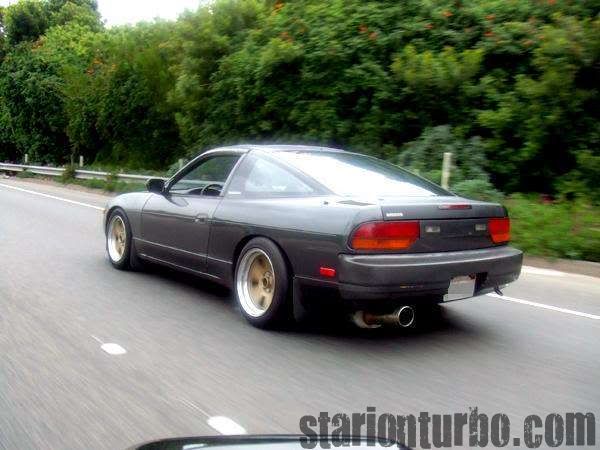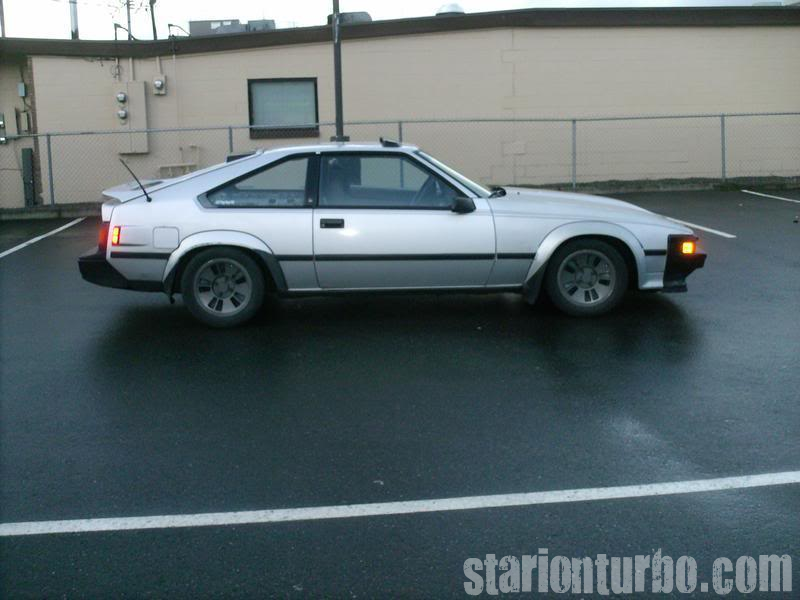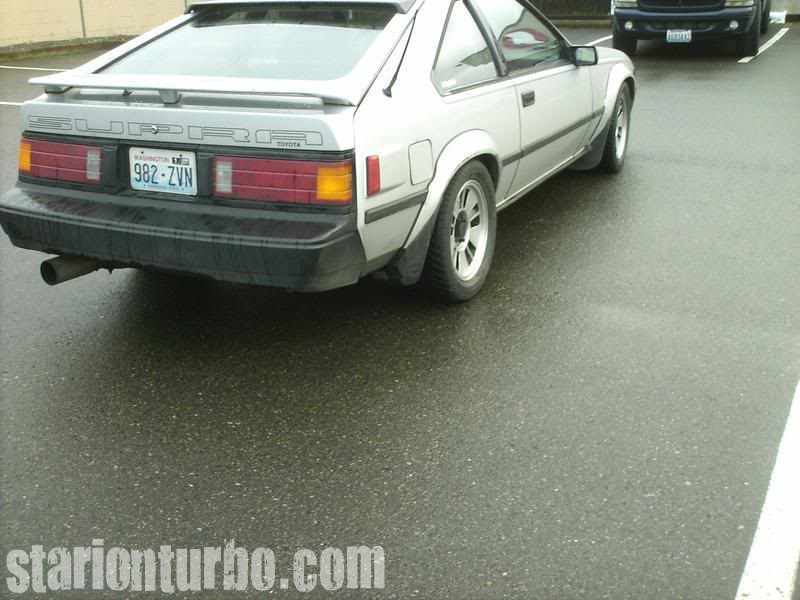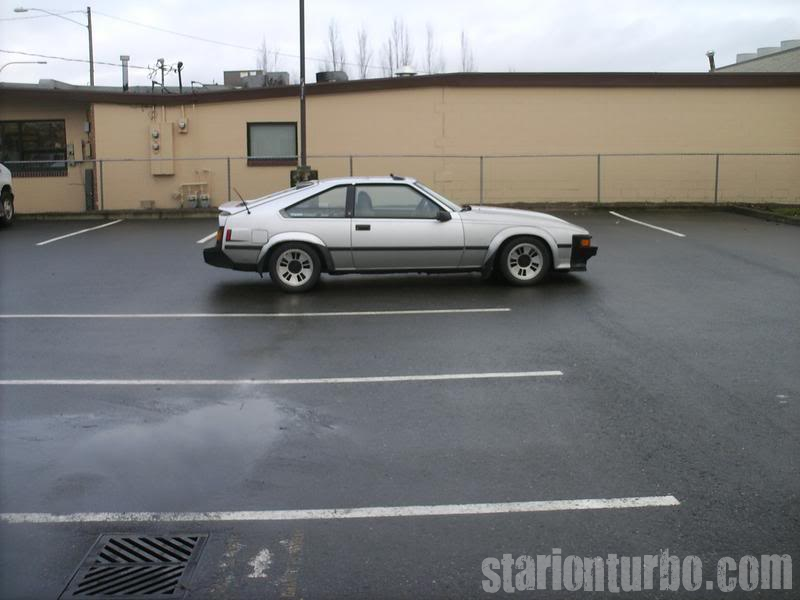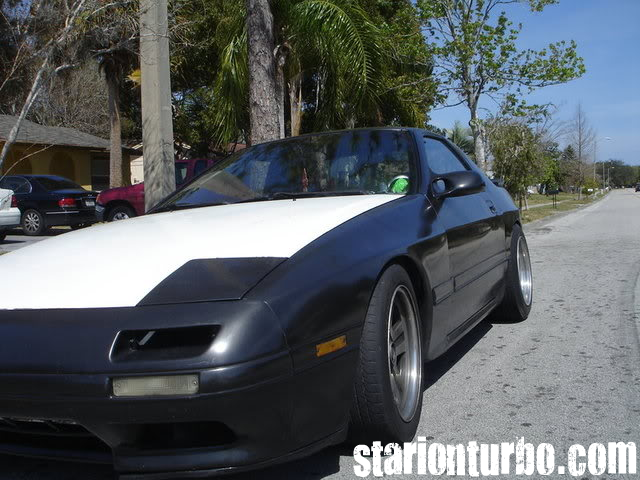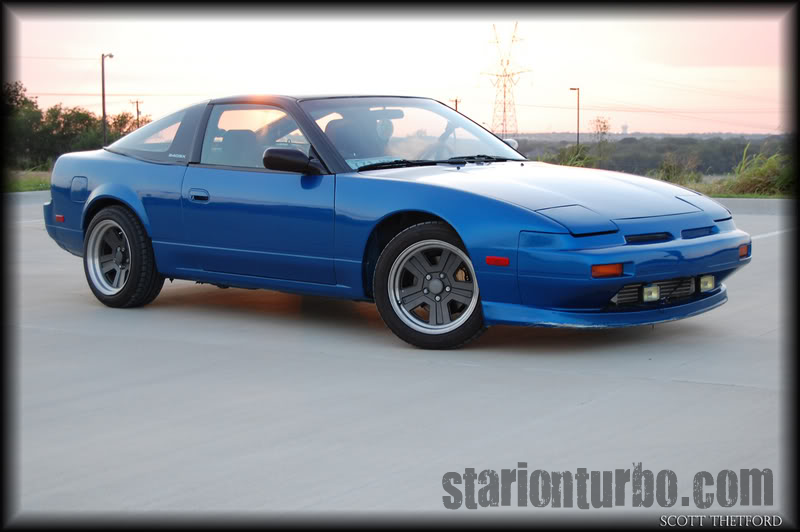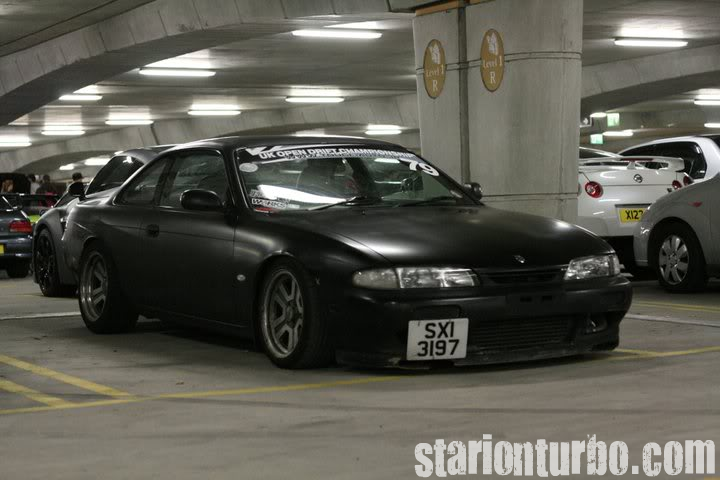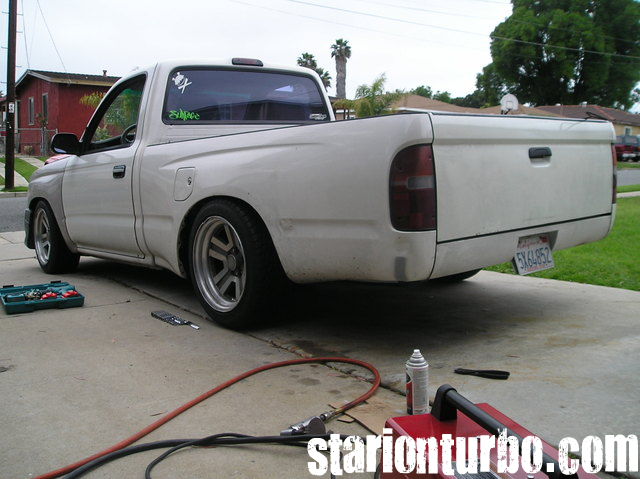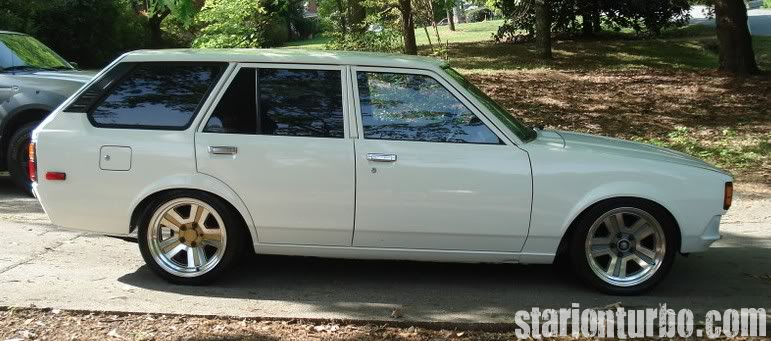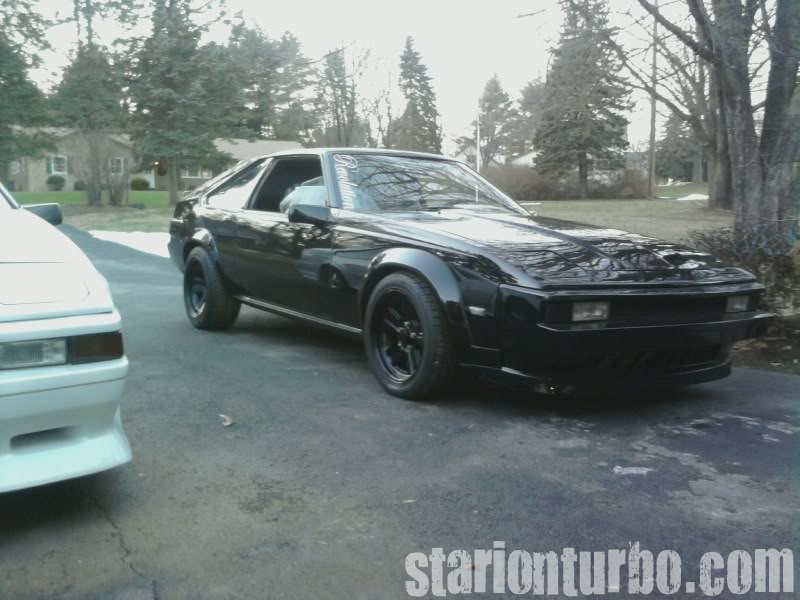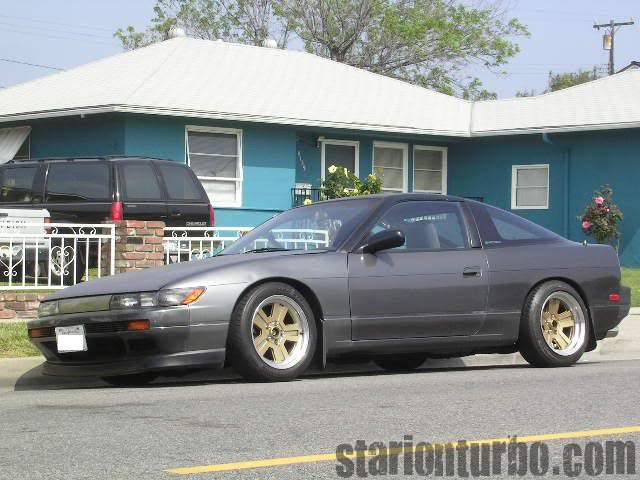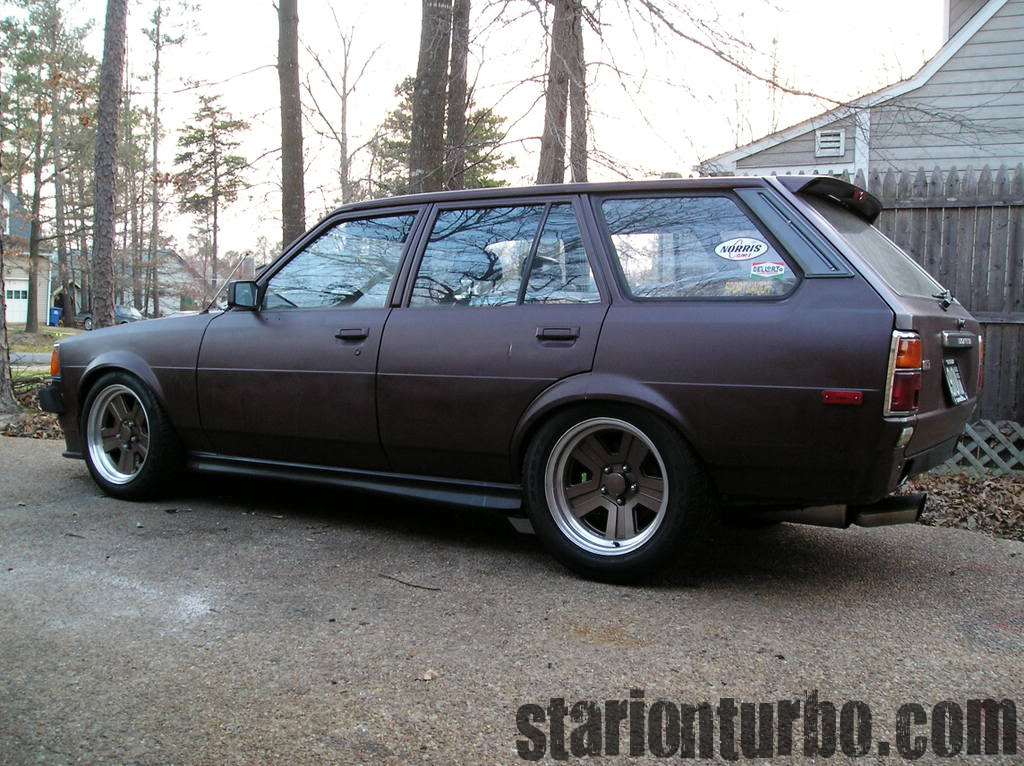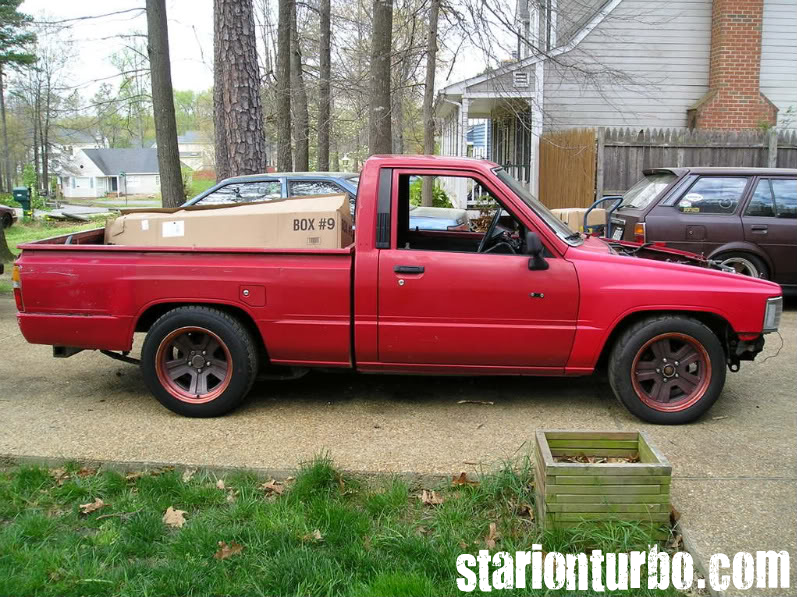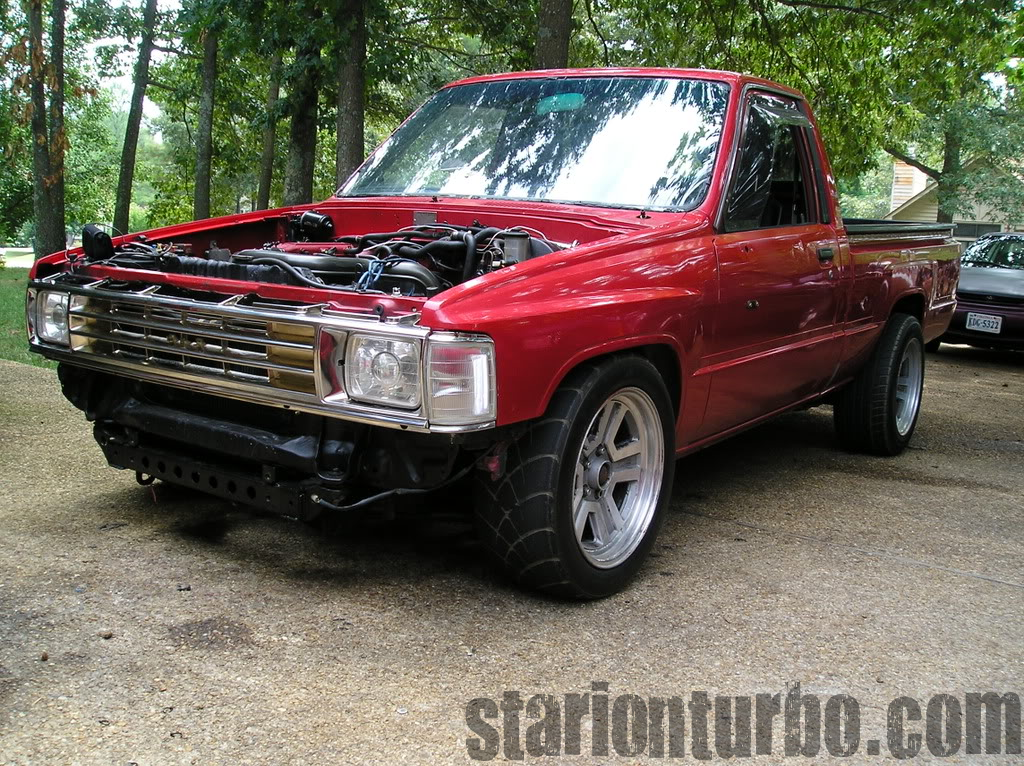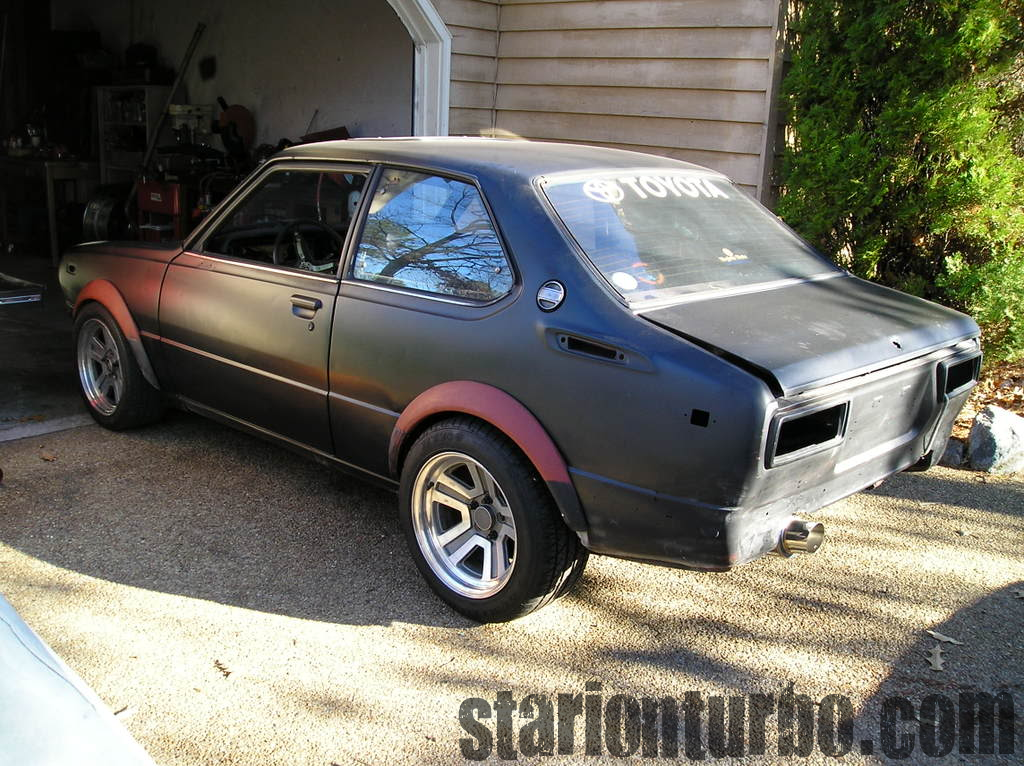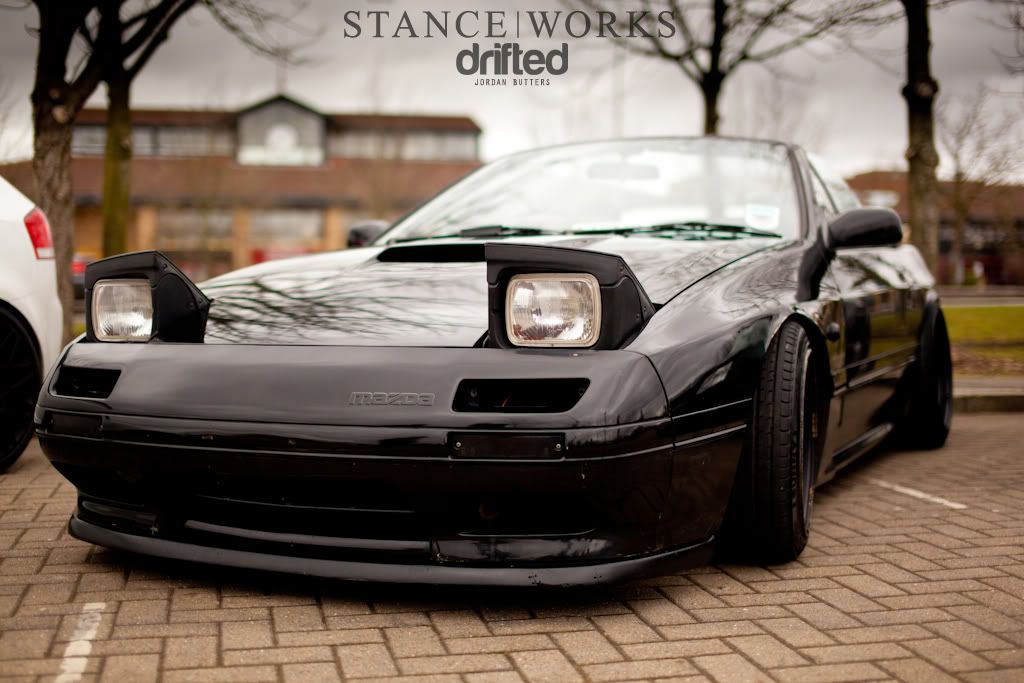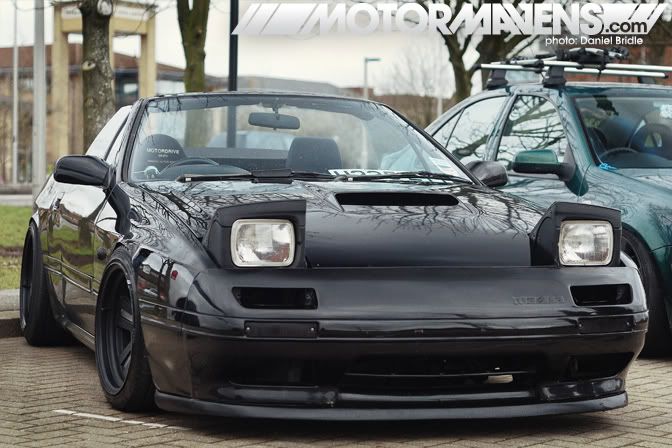A Starion Is Born
 Claim:
Claim: Mitsubishi mistakenly named a model of car '
Starion' instead of '
Stallion' due to Japanese pronunciation difficulties.

Status: Undetermined.
Examples:
One of the great mysteries of car-making is the way the Japanese name their vehicles. The rule seems to be to pinch something unpronounceable from a foreign language and misspell it.
Mitsubishi's
Starion is the most famous example. They meant to call it
Stallion but ended spelling it the way Japanese pronounce it. By the time this was pointed out, it was too late to make a correction, so the PR department concocted an explanation about
stars from the
Orion constellation.1

It seems that Mitsubishi's chunky
Starion coupe was so christened as the result of a misheard conversation 'twixt occident and orient. American marketeers wanted a car called "
Stallion" as a rival for Ford's Mustang: Japanese phonetics did the rest. 2
Legend has it that Mitsubishi's 1980s sports car, the
Starion, was named that way when the Japanese engineers struggled with the pronunciation of
Stallion.3
Mitsubishi has been in trouble before, with the
Starion; it was going to be the
Stallion until an American importer misunderstood a Japanese attempt to pronounce the Ls.4
 Origins:
Origins: In 1983, the Japanese automobile manufacturer Mitsubishi Motors Corporation broke into the American car market with the introduction of several models in the USA, including the Mitsubishi
Starion. Didn't take long for the somewhat unusual model name to prompt rumors about its origin: The
Starion was really supposed to be the "
Stallion," but it ran afoul of a typical Japanese pronunciation problem. It's easy to see where this one came from:
* The Japanese language does not include an "l" sound, so native Japanese speakers tend to pronounce it as "r," the closest equivalent sound.
* The name "Starion" has no obvious meaning in English.
* Mitsubishi had previously used equine-related terms for model names, such as the extremely successful Mitsubishi Colt.
Stories such as this one should always be taken with a grain of salt, because they depend upon the premise of Mitsubishi logo a multi-national, multi-million-dollar company's making its marketing decisions in a vacuum (nobody in all of Mitsubishi noticed the error or thought to question the name), and, having caught their mistake, deciding that the model name of their first entry into the lucrative American market wasn't important enough to merit correction. On the other hand, given that at the same time Mitsubishi brought out the
Starion they also introduced a model with the rather unfortunate name of "Pajero" (a word which in Spanish is a slang term for someone who enjoys pleasuring himself, prompting Mitsubishi to judiciously rename the car the "Montero" in some markets), it's sometimes hard to believe they don't operate this way.
Mitsubishi's explanation that the name
Starion was a combination of "
Star" and "
Orion" didn't convince many people who saw it as an obvious public relations face-saving fabrication. One newspaper article claimed the "mistake" explanation was apocryphal but "was faintly encouraged at the car's launch because it was more fun than the truth" and that "the name came from the
Star Orion range of engines Colt were using at the time," but we've found no confirmation of that theory. However, other models introduced by Mitsubishi at the same time as the
Starion had similarly arcane names — the Tredia, intended as a name reflective of the company's three-diamond logo, and the Cordia, a combination of "cordorite" (supposedly a type of "lustrous mineral") and "diamond" — so who knows? As the Daily Telegraph wrote, the "claim that the name is an amalgam of
Star and
Orion is daft, but then this is a company that called one of its economy cars the Lettuce."
In the mistake department, we're still chuckling over an October 2000 article which, just before sneering at Mitsubishi for choosing the model name "Pajero," relates the following amusing anecdote:
Corporate history is littered with nomenclature disasters. One Japanese car company nearly ended up with a sports car called a "
Starion" instead of a "
Stallion" because of language difficulties between Japanese executives and their counterparts in a European advertising agency.5
We do hope they eventually manage to track down exactly which "Japanese car company" nearly named one of their cars the "
Starion" — it sounds like a great story.

Article from:
http://www.snopes.com/business/misxlate/starion.asp







